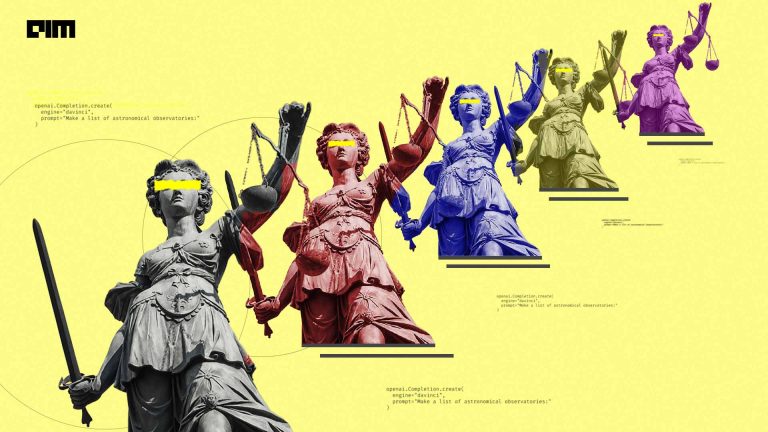India has long since been a country with a focus towards innovation in emerging technologies. However, one technology that the country’s regulators are cautious about is cryptocurrencies, which are currently under a blanket ban in the country.
Even as regulators continue to maintain their position on the state of digital assets in the country, it is important to discover how the field has changed since they instituted these regulations in the middle of 2018. This article will take a deeper look into how the environment regarding cryptocurrencies in India has evolved to adapt to this change.
Warning Signs
The first warning sign of the government regarding their stance on cryptocurrencies came during the 2018 Union Budget presentation, wherein Financial Minister Arun Jaitley stated, “The government does not recognise cryptocurrencies as legal tender or coin and will take all measures to eliminate the use of these crypto-assets in financing illegitimate activities or as part of the payments system”. This was largely due to the fact that cryptocurrencies were used to hold illegal funds in the form of black money during demonetization.
The Reserve Bank of India took the first step in instituting the ban in April, where they announced that any entity regulated by them will not be dealing with any business or individual dealing with cryptocurrencies. Entities were also banned to provide services to any party, with the circular becoming effective immediately.
The reason quoted for this move was that digital assets carry a high amount of risk. The RBI gave institutions three months notice to stop providing services for entities already providing services related to virtual currencies, such as exchange platforms. While did this did not mean that the private use of cryptocurrencies were made illegal, simply that cryptocurrency services could not interface with banks in any way.
Regulation Begins Brewing Amidst Citizen Outcry
Towards the end of May, reports emerged that the Indian government was looking into levying an 18% tax on cryptocurrency trading. While being booked as capital gains tax, this would be taxed under the Goods and Services Tax. At the time, the knowledge allegedly came from a source with a direct knowledge of the matter. In a proposal submitted to the government, the purchase or sale of cryptocurrencies was considered a supply of goods. Moreover, the value of the cryptocurrencies were set to be determined based on the transaction value in rupees.
The RBI also begin drawing flak from multiple parties in the cryptocurrency space, with most calling on them to fulfill their goal as a regulator to explore emerging technologies. Moreover, many stated that it is the duty of the central bank to offer clarity on possible regulation, especially when it comes to something as disruptive as cryptocurrency.
With citizens clamouring for a change, RBI proceeded to set up their own working unit to create a system that involves regulation regarding emerging FinServ disruptors such as cryptocurrencies. Reportedly, this committee was studying whether it would be possible to use cryptocurrencies or distributed ledger technologies to facilitate innovations in the FinServ sector.
Legal Battles Consume Central Bank, Exchanges’ Workaround
In April, an exchange platform known as CoinRecoil filed a petition against Reserve Bank of India, the Union of India through Secretary, Ministry of Finance and GST Council in Delhi High Court. The petition in question challenged the RBI Circular on the grounds of it violating Article 14 and Article 19(1)(g) under the Indian Constitution.
At this time frame, multiple cryptocurrency exchanges were moving the Supreme Court for an extension on the 3 month notice period. It was also revealed that the RBI has not made any serious effort to completely study and understand the nature of cryptocurrencies before issuing the ban. This was evidenced by the fact that there was no internal committee established to investigate the claimed risks.
The Supreme Court was occupied with the hearing of the Internal and Mobile Association of India (IAMAI) appeal against the RBI to extend the notice period, which was thrown out. The deadline was effective on the date first mentioned, leading exchange platforms to come up with solution.
Many cryptocurrency exchanges began adapting to the change, as in August platforms such as Giottus and WazirX enabled P2P functionality to allow users to withdraw profits to their bank accounts. The bank accounts of exchanges could not be targeted as the users were the ones engaging in the transfer of funds, leading to a workaround of the “ban”.
RBI Sets A Negative Mood For Regulation
The RBI published its annual report in September, wherein it explained that the growing interest in cryptocurrencies were observed among the general population. This was despite the high risk involved in trading cryptocurrencies, with the RBI believing that the rise of a cryptocurrency based financial ecosystem can “disturb the existing payment and settlement system”.
While mentioning this, the RBI also repeated that cryptocurrencies are widely used in illicit activities, especially tax avoidance. Moreover, the legalization of the asset class would require the regulator to revise the Anti-Money Laundering and Combating the Financing of Terrorism Acts, due to potential breaches.
In this negative regulatory environment, exchange platforms were finding it difficult to function normally. The trading volume on prominent exchanges like Unocoin and WazirX dropped, leading to a generally slow market. This culminated in the shutting down of one of the country’s oldest exchange platforms known as Zebpay. In late September, Zebpay stated that the ban had effectively crippled their way of doing business, leading to the shutdown. The exchange was later incorporated in Malta, known for open regulation of cryptocurrencies.
In October, Unocoin, a prominent exchange platform, tried to install Bitcoin ATMs to ensure another on-ramp into the cryptocurrency markets. However, members of the Central Crime Branch seized the ATM itself, along with two laptops, a passport and five seals of the company. The co-founder of the company was arrested as well, with authorities stating that the ATM was illegal and had been set up by the CEO without taking prior permission.
The attitude of RBI against virtual currencies has undoubtedly snuffed out innovation. However, a ban is a much more controlled approach, considering that cryptocurrencies were known to be used to launder money during demonetization. Future developments in the space will set the pace of innovation in the country.


















































































